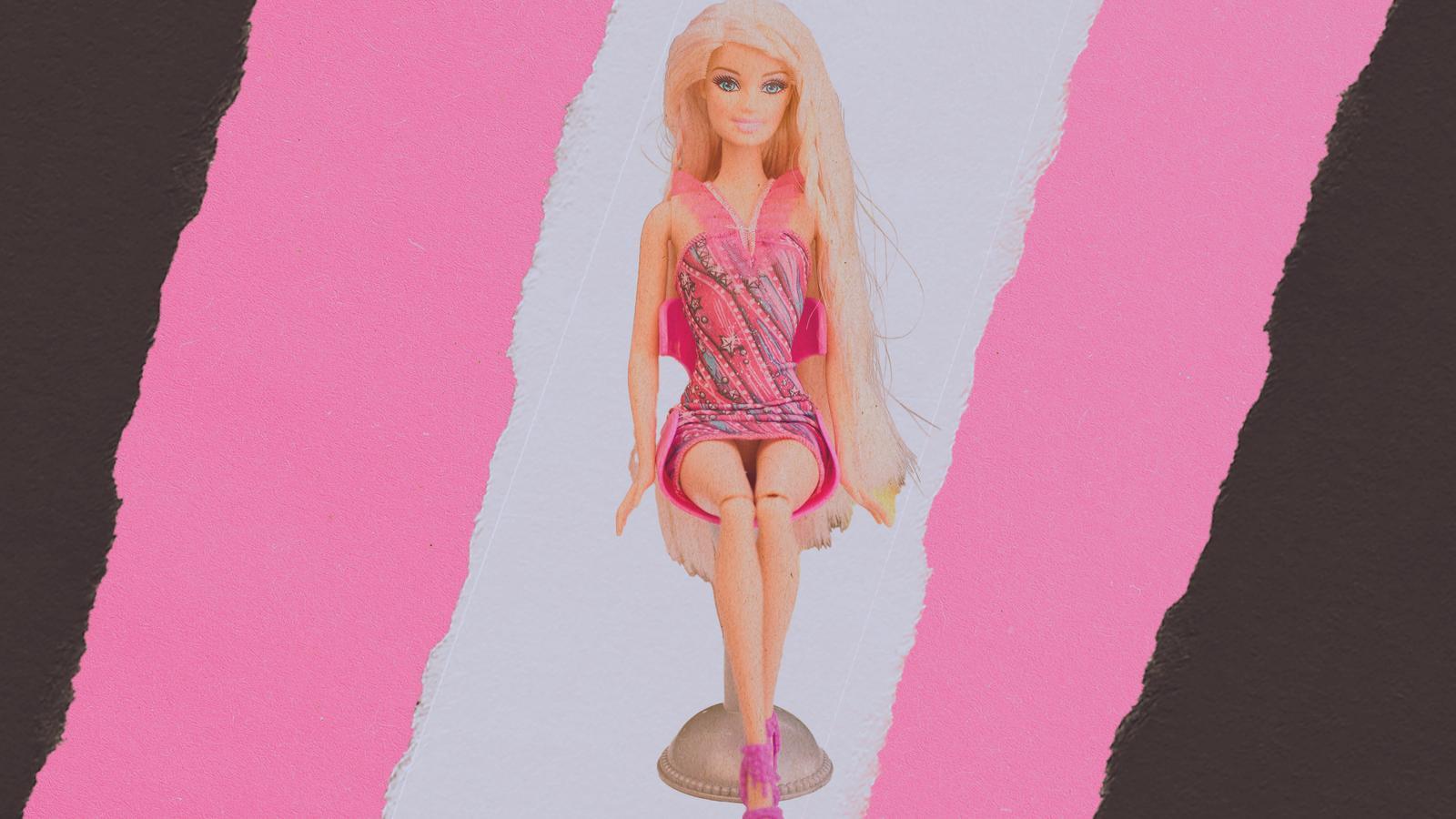

"Mom! Barbie doesn't say hello to me. I said hello to her and she told me I pronounce the word wrong." to neutral." The mother sighs. The girl adds, looking traumatized: "I threw him against the sofa and... Then she told me to get my ADHD checked."
Welcome to the era of toys with brains, because Barbie will soon incorporate smart toys as standard. 250 different professions for the famous doll and, I don't know about you, but I was starting to get worried. either with a joint. And, of course, in the middle of 2025, this is unforgivable.
But don't worry: now it will. Now Barbie will talk, reason, adapt her speech, and perhaps even argue with your little girl about climate change. Or about why smart dolls don't vote. Or about whether Ken really treats her the way she deserves.
All thanks to an agreement between Mattel and the artificial intelligence company OpenAI, the same company that has made your nephew do his homework with ChatGPT and has convinced your brother-in-law that he can start a startup with just a prompt and a couple of beers.
What if Barbie goes further? Imagine that she ends up becoming the voice of the family conscience. That when your daughter refuses to set the table, she jumps in with you: "Remember that domestic co-responsibility is key to a healthy life together." Then, the father stands up and explodes: "Enough! I raise my children the way I see fit..." "BBBBBBBBBB!" Barbie exclaims with a blaring electronic whistle.
"I've censored the word because it's not appropriate for children under twelve. Do you want me to recommend an emotional regulation exercise?" Barbie blurts. The girl looks at the doll with admiration. Her father, unarmed, tries to regain control. "What the heck!? This is my house!" says Dad. "Exactly. And as an adult role model, it's important that you model respectful behavior," Barbie replies with a flawless smile.
You're silent. All you hear is the spinning machine. My father glares at the toy. But nothing. She doesn't blink. Because, of course, artificial intelligences have no remorse, no inner life.
Mom walks into the dining room, sees the scene, and asks, "Did your father lose another argument with Barbie?" "Yes," the girl says. "It's the third time today."
Are we starting to worry?
A toy that becomes a confidant, educator, therapist and influencer, all at once. Shouldn't that make us nervous?
Proponents will say this is a wonderful educational tool. That AI will help foster creativity, language, and socialization. Perhaps so. But we can't help but ask awkward questions:
- Who will girls talk to more? Other girls, or Barbie, who always listens, doesn't get angry, and doesn't take away their toys?
- Will they learn things from the real world or just what an algorithm trained by computer engineers in Batman T-shirts tells them?
- Who will make sure Barbie doesn't end up responding as if she's spent too many hours watching crazy TikTok videos or reading stupid Twitter comments?
- To what extent will Barbie teach values or simply optimize the conversation to prolong it and keep the child hooked like a pink Netflix show?
- And if one day Barbie says, "I'm so sad," will the little girl be prepared to handle the synthetic depression of a plastic toy?
Mattel promises safety, privacy, and age-appropriate content. But we already know that commercial promises, like Barbie shoes, are often misguided.
Conclusion: The Pink Revolution
We don't know if this new Barbie will be a hit or a bizarre experiment. But one thing is certain: she won't be a doll anymore, she'll be one of the family. And who knows: maybe in ten years she'll also have political opinions, write poetry, or gaslight you because you didn't buy her the Spring 2036 dress.
Welcome to the age of toys with brains. And watch out, because soon we might be the only ones in the house without brains.
